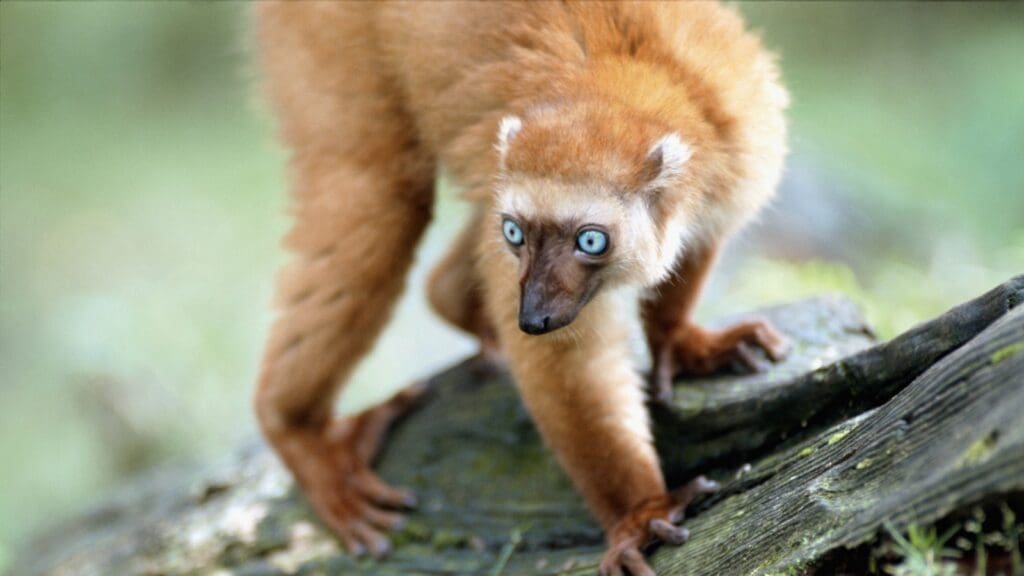Jacksonville Zoo and Gardens is pleased to welcome their newest member, one of the world’s most endangered primates, a blue-eyed black lemur.
This is the second successful birth of a blue-eyed black lemur at the Zoo. Additionally, this is the second infant from Hendricks and Hemsworth, a pair that arrived at the Zoo in 2017.

Keepers do not know the gender yet and are giving the family space during this critical time of development. The infant
will remain behind-the-scenes in a quiet area with its parents until it is old enough to safely join the rest of the group. The
Zoo’s blue-eyed black lemurs reside in the African Forest, an enriching, dynamic, wellness-inspired and award-winning
exhibit that opened in August 2018.
“We have many reasons to celebrate this new infant. He or she will further enrich the social environment and experience
of the Zoo’s amazing mixed-species lemur group and strengthen the sustainability of the Blue-eyed black lemur
population,” said Tracy Fenn, Assistant Curator of Mammals. “The Madagascar team is elated to see this infant thriving in
the care of the mother.”
Blue-eyed black lemurs are one of only a few primates who have blue eyes. Males in the species are black while the
females are a rusty brown color. When in infancy, the blue-eyed black lemurs are a brown color that blends in with their
mother. Over time, they will develop darker coloring, turning it black if it is a male.
Blue-eyed black lemurs are critically endangered, and every birth of this species is critical to their long-term sustainability.
The wild population’s continued decline is based on a series of issues, including habitat loss. Madagascar is the only place
lemurs are found. It is estimated that there will be an 88% reduction in the population by 2080 due to climate change
alone.
“We’re fortunate to work in an environment that places great emphasis on education and conservation of wildlife and
their habitats,” said Dr. Jeff Ettling, President and CEO of Jacksonville Zoo and Gardens. “We help our guests understand
the threats these animals face and the role and potential benefits the species provide to the ecosystems they inhabit. We
hope this will inspire action.”
About Jacksonville Zoo and Gardens
For over 100 years, the Jacksonville Zoo and Gardens has aimed to inspire the discovery and appreciation of wildlife
through innovative experiences. Starting in 1914 with an animal collection of one red deer fawn, the Zoo now has more
than 2,000 rare and exotic animals and 1,000 species of plants, boasting the largest botanical garden in Northeast
Florida. The Jacksonville Zoo and Gardens is a nonprofit organization and a portion of every ticket sold goes to the over
45 conservation initiatives Jacksonville Zoo and Gardens support around the world, and here in NE Florida. JZG is proud to
be an accredited member of the Association of Zoos and Aquariums. For more information, visit jacksonvillezoo.org.



